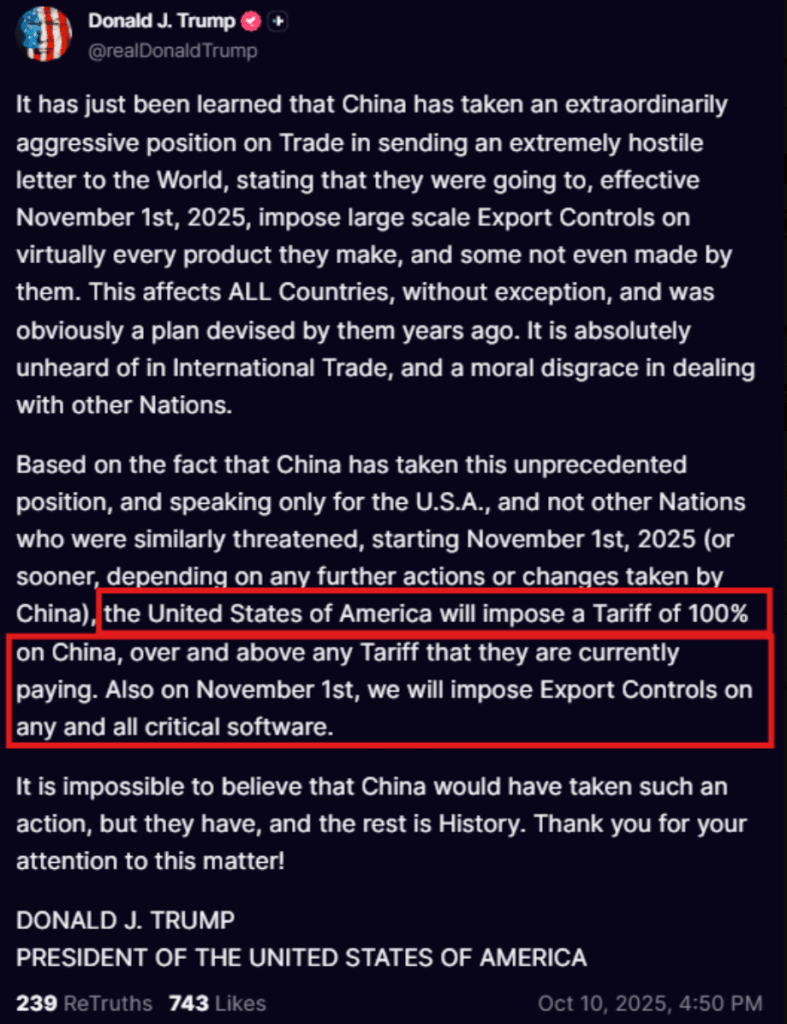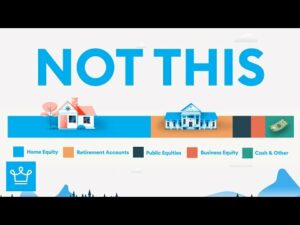Is the Rental Market’s Game About to Change Forever? Here’s What Every Investor Needs to Know Now
Ever wondered if being a landlord in today’s rental market feels a bit like trying to sell ice to penguins? With a surge in housing supply over the last few years, landlords are facing longer tenant hunts, thinning margins, and a cocktail of increased costs that would make even the savviest investor pause. It’s a tricky dance—construction slows, interest rates wobble, and operational expenses keep creeping up, leaving many seasoned landlords to scratch their heads and question: is the hassle still worth it? If you’ve noticed vacancies dragging on or rents dropping, you’re not dreaming this. The market’s shifting beneath our feet, but here’s the twist—you don’t have to be stuck managing tenants and toilets to cash in on real estate. There’s a smarter, leaner play for building consistent cash flow and passive income without all the day-to-day grind. Curious about how to keep your portfolio thriving without doubling down on the landlord role? Let’s dive into the current state of rentals, explore innovative alternatives, and uncover ways to invest that keep your time and sanity intact. LEARN MORE
This article is presented by Connect Invest.
An increase in housing supply over the last few years has left landlords searching for tenants longer. Even as construction falls amid increased costs, the volatility of interest rates and increased operational costs are eating into margins. It’s enough to make seasoned investors wonder if rentals are still worth the hassle.
The State of the Rental Market
The rental market is seeing a bit of an influx, with 640,000 apartments built in 2024 and 506,000 on track to be built by year’s end. While that’s great news for renters, it means existing landlords have less leverage than they did a few years ago.
That could be one reason why the average number of days rentals were vacant have gone up slightly, from 39 days to 40 days, while apartment occupancy rates have dipped slightly, from 93.7% in 2024 to 93.4% so far this year.
That increase in supply has also meant that rents have fallen from their peak in 2022 by about $50 a month, as landlords offer discounted rates to entice tenants. Meanwhile, apartment vacancy is at a 15-year high of 6.3%.
Although construction has fallen amid financing concerns and increased prices, and rent prices have increased in some areas as a result, uncertainty around supply and demand remains a headwind.
Real Estate Alternatives to Being a Landlord
So what’s an investor to do in this uncertain rental environment? There are smarter ways to increase cash flow consistency and gain passive exposure to real estate-based assets.
Some of the most common ways to invest in real estate without being a landlord include:
Real estate notes
This is one of the easiest ways to get exposure to real estate without having to deal with tenants and toilets.
A real estate note is a type of debt secured by real estate and entitles you to a share of the interest paid back on the mortgage or loan. As the borrower repays, you receive the interest. You can easily invest through platforms like Connect Invest for as little as $500 and a time commitment of just six months.
Real estate investment trusts (REITs)
This investment instrument exposes investors to large-scale projects without buying or managing the properties.
REITs are traded like stocks and are very liquid. Many times, these trusts will focus on specific areas, like office real estate or multifamily homes. Investors receive dividends from the income generated from these properties, which can add to an investor’s passive portfolio. However, they can be exposed to leverage and market risk.
Real estate ETFs
These are ETFs that trade on the stock exchange and follow a real estate index. This can give an investor broad exposure to real estate assets. While they are liquid, the returns might not be as steady as other real estate exposures.
Final Thoughts
With the rental market in flux, investors might be second-guessing the value of becoming a landlord. Thankfully, you don’t have to deal with the often time-consuming and long-term maintenance of running rental properties to still make a return on real estate.
Explore how fixed-income, real estate-backed products like Connect Invest can help you stay diversified without taking on more risk.

















Post Comment